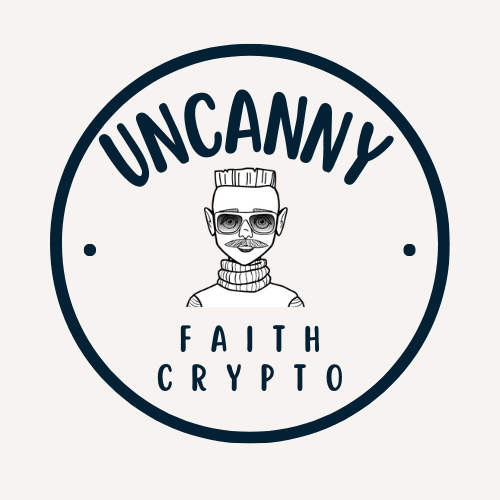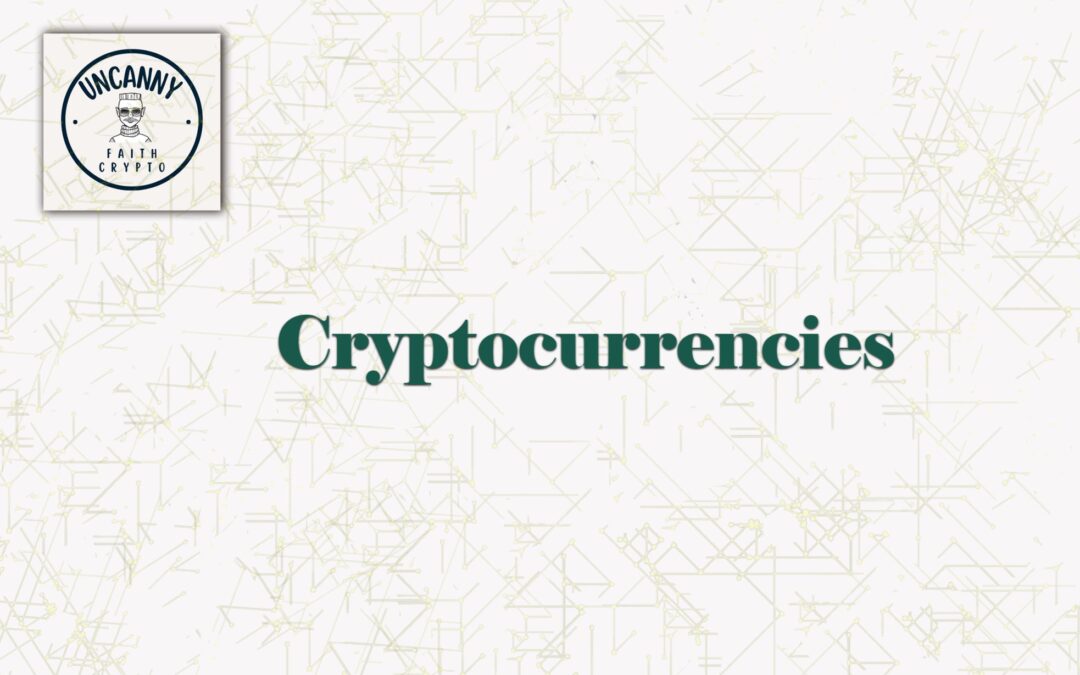The fast-paced evolution of blockchain technology is promising a transformative future in the realms of supply chain management. One blockchain protocol that’s making waves in this field is OriginTrail, a decentralised knowledge graph designed to organise the world’s supply chains. As we head into 2025, OriginTrail is poised to be at the forefront of how blockchain shapes the transparency, efficiency, and resilience of global supply chains.
This article explores the key blockchain trends shaping supply chain management in 2025, with a particular focus on OriginTrail. You’ll discover how this revolutionary technology offers innovative solutions, what challenges it addresses, and how businesses can leverage its potential to future-proof their supply chains.
What is OriginTrail?
OriginTrail is not just another blockchain protocol—it’s a Decentralised Knowledge Graph (DKG) powered by blockchain, designed specifically for the supply chain ecosystem. With its capacity to organise large datasets in decentralised, interconnected networks, OriginTrail creates trust among stakeholders while integrating seamlessly into existing systems. Its scalable technology enables businesses to enhance supply chain visibility, adhere to regulatory compliance, and optimise operational efficiency.
In 2025 and beyond, OriginTrail’s potential to radically reshape supply chain management aligns perfectly with global trends and business demands. Let’s break this down further and explore how blockchain-powered technologies will shape the future.
Key Blockchain Trends in Supply Chain Management for 2025
As businesses increasingly prioritise innovation and adaptability, the intersection of blockchain technology and supply chain management is becoming more crucial than ever. Below are the pivotal trends emerging in 2025—and how OriginTrail is playing a central role.
1. End-to-End Supply Chain Transparency
Consumers and governments alike are demanding greater transparency in supply chains, pressing businesses to disclose the origins of raw materials, sustainability measures, and ethical labour practices. OriginTrail leverages blockchain’s immutability to provide an auditable record of every stage of the supply chain.
One prime example is OriginTrail’s multi-chain compatibility, which ensures that all supply chain participants—manufacturers, distributors, and retailers—can contribute verified data to a shared ledger. By 2025, this will be essential for meeting compliance standards and building consumer trust.
Real-World Application
Consider a food company aiming to prove that its products are free from deforestation-linked ingredients. Using technologies like the OriginTrail DKG, this verification can be provided through immutable blockchain certification, instilling confidence in consumers and regulators.
2. AI and Blockchain Integration
In 2025, blockchain networks like OriginTrail are increasingly intertwined with Artificial Intelligence (AI), creating highly intelligent and autonomous supply chains. OriginTrail’s semantic graph technology allows AI systems to leverage structured supply chain data efficiently, empowering businesses to predict demand patterns, detect fraud, and optimise logistics.
AI-powered smart contracts, in particular, are emerging as game changers. These contracts execute themselves when pre-set conditions are met, eliminating inefficiencies and reducing human error. When combined with OriginTrail’s blockchain, the potential for highly intelligent automation becomes nearly limitless.
A Step Forward for Logistics
Imagine a shipping company automatically reallocating delivery routes based on real-time weather data and delays—without human intervention. This is the kind of functionality that becomes possible when AI is layered onto a decentralised network like OriginTrail.
3. Interoperability Across Blockchain Networks
One of blockchain’s greatest hurdles in prior years has been interoperability, but in 2025, this is no longer a concern for cutting-edge technologies like OriginTrail. The protocol takes an agnostic approach, ensuring compatibility with major blockchain ecosystems, such as Ethereum, Polkadot, or Polygon.
Being able to connect siloed systems means businesses can integrate different data sources, ensuring seamless collaboration between participants. Moreover, OriginTrail’s decentralised infrastructure extends these benefits without sacrificing security or efficiency.
4. Focus on Sustainability With Blockchain
Climate concerns are at the forefront of global discourse in 2025, and blockchain technology is becoming instrumental in driving sustainable supply chains. With the traceability afforded by OriginTrail, businesses can track the environmental impact of their operations across the globe.
For instance, carbon emissions data can be recorded immutably on the blockchain, ensuring transparency for eco-conscious stakeholders. Governments, meanwhile, are likely to demand tighter environmental and ethical compliance, making the adoption of tools like OriginTrail a strategic necessity.
5. Decentralised Marketplace for Data Sharing
The decentralisation of knowledge is an area of rapid innovation. In 2025, data integrity and ownership sit at the core of blockchain-powered markets. OriginTrail fosters these markets by enabling the secure and auditable exchange of information—without jeopardising proprietary knowledge.
The decentralised nature of OriginTrail’s knowledge graph empowers businesses to collaborate freely while preventing unauthorised access to sensitive data.
Unlocking Opportunities
For example, pharmaceutical companies could share supply chain data to prevent counterfeit drugs without disclosing confidential business strategies. This enhanced level of collaboration would not be possible without blockchain.
6. Resilience in a Post-Pandemic World
If we’ve learned anything from the disruptions of the COVID-19 pandemic, it’s that resilience is key. Supply chain vulnerabilities exposed during the crisis continue to push businesses toward decentralised, tamper-proof systems—like those offered by OriginTrail.
Blockchain ledger systems not only ensure data integrity but also create redundancy, mitigating risks from cyberattacks and physical disruptions. In 2025, companies will increasingly adopt OriginTrail’s technology to maintain operational continuity in unpredictable markets.
The Benefits of Using OriginTrail for Supply Chain Management
As we delve into these trends, it’s clear that OriginTrail stands out as a solution to many of the challenges businesses will face in 2025—and offers unparalleled advantages:
- Enhanced Trust: Immutable and verifiable data records build confidence among supply chain participants.
- Operational Efficiency: Simplified data sharing reduces duplication and manual errors.
- Cost Savings: Automation and tamper-proof audit trails significantly cut costs.
- Scalability: Multi-chain compatibility and decentralised protocols accommodate businesses of all sizes.
- Compliance: Supports adherence to increasingly stringent regulatory requirements.
How to Implement OriginTrail in Your Supply Chain
Embracing OriginTrail for supply chain management is easier than you might think. Here’s a step-by-step guide to get started:
- Analyse Your Current Operations: Identify inefficiencies or pain points in your supply chain that could benefit from enhanced transparency or decentralisation.
- Collaborate With Stakeholders: Engage your suppliers, partners, and customers to explore mutually beneficial ways to adopt OriginTrail.
- Start Small: Use OriginTrail for a limited application, such as authentication or documentation, before scaling up.
- Leverage API Integrations: OriginTrail’s APIs work seamlessly with existing systems, minimising disruptions.
- Monitor and Optimise: Use real-time analytics to assess performance improvements and refine operations as needed.
Frequently Asked Questions (FAQs)
1. What makes OriginTrail unique compared to other blockchain protocols?
OriginTrail isn’t a typical blockchain—it’s a Decentralised Knowledge Graph uniquely designed to organise complex data across supply chains. Its ability to work alongside existing systems without requiring wholesale replacements sets it apart.
2. Can small businesses benefit from using OriginTrail?
Absolutely! OriginTrail’s scalability allows it to cater to companies of any size, offering cost-effective solutions for transparency, traceability, and efficiency.
3. How secure is OriginTrail?
Security is a core strength of OriginTrail. With its decentralised infrastructure and immutable data records, it ensures trust and prevents unauthorised tampering.
4. Which industries are best suited for OriginTrail?
While OriginTrail benefits nearly every industry, it is particularly impactful in sectors like food production, pharmaceuticals, fashion, logistics, and technology—where traceability and data integrity are essential.
Future Outlook: Blockchain Dominance by 2025
With its ability to address long-standing inefficiencies and build trust through transparency, OriginTrail is set to drive blockchain adoption across supply chain management in 2025. By leveraging other cutting-edge technologies like AI and IoT, OriginTrail will lead the charge in transforming how businesses operate globally.
Final Thoughts
The supply chain industry is at a crossroads as we look toward 2025. OriginTrail, with its decentralised knowledge graph and blockchain underpinnings, is a beacon for businesses seeking to future-proof their operations in an era defined by transparency, efficiency, and collaboration.
Adopting OriginTrail won’t just help your organisation address today’s challenges but will position you as a leader in an increasingly competitive and interconnected world. Don’t wait—explore how OriginTrail can revolutionise your supply chain.
Recommended Visuals
- A supply chain infographic comparing centralised and decentralised systems
- A step-by-step infographic to implement OriginTrail
- Graph showcasing the benefits of blockchain-enabled transparency

